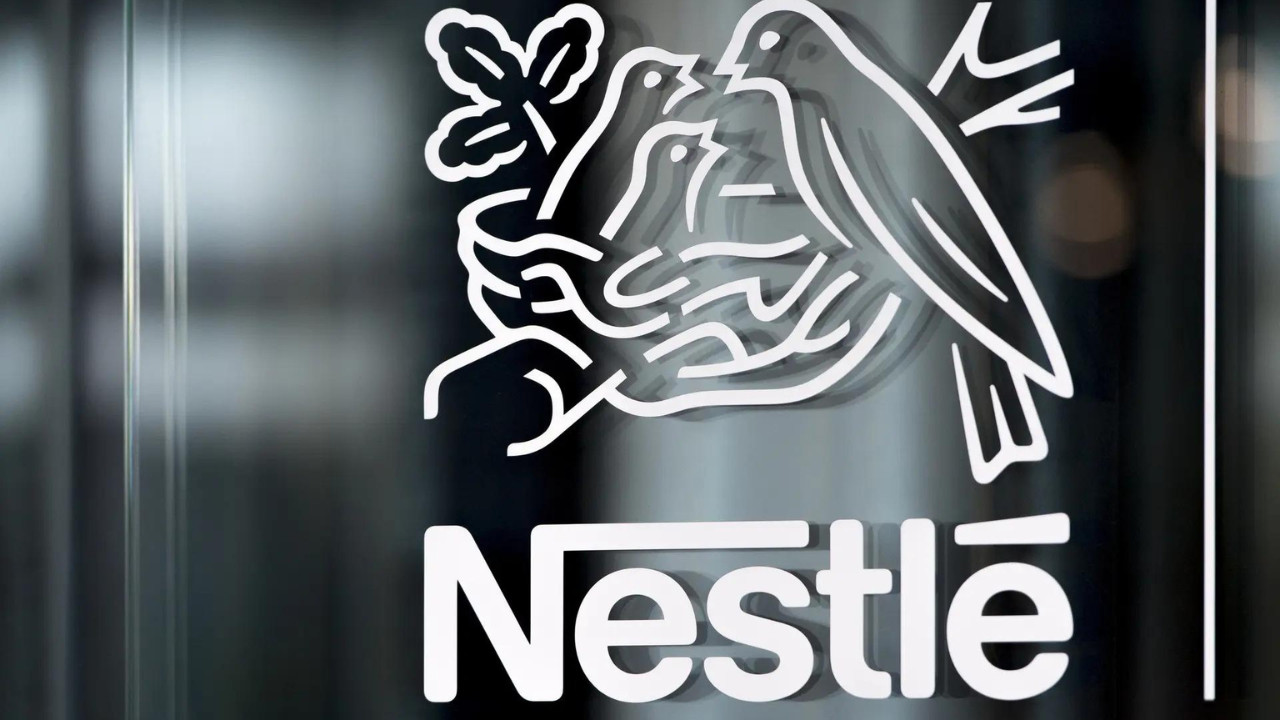Nestle India has set August 8 as the record date for its first-ever 1:1 bonus share issue, a move aimed at boosting investor participation and market liquidity. Shareholders will receive one bonus share for each share held. While Q1FY26 profit dipped, revenue saw a 6% increase.
Nestle India’s Sweet Surprise: A Bonus Issue Breakdown
Nestle India just sprinkled a little extra sweetness into its shareholders’ portfolios, and it’s not just from their chocolate. The FMCG giant rolled out its first-ever bonus issue, handing out 1 bonus share for every 10 shares held. Think of it as a “buy 10, get 1 free” deal for your investments, but instead of candy, you’re getting a slice of a blue-chip company. What’s the deal, and what does it mean for investors? Let’s unwrap it.
Why the Bonus? Affordability and Accessibility
At its heart, a bonus issue is about making a company’s stock more accessible. Nestle India’s shares, trading at a premium, might seem out of reach for some retail investors. By increasing the number of outstanding shares, the price per share naturally decreases. This improved affordability can attract a wider pool of investors, boosting trading volume and enhancing overall liquidity in the market. It’s like cutting a cake into smaller slices to make sure everyone gets a piece.
The company hopes to see more vibrant trading activity with this move. Greater liquidity often translates to tighter bid-ask spreads, which benefits both buyers and sellers. Essentially, it becomes easier to buy and sell Nestle India shares quickly and at a fair price. The more folks trading, the better the market works for everyone.
Nestle’s First Foray into Bonus Shares
This move marks a significant milestone for Nestle India. Despite its long and successful run on the Indian stock market, the company has never issued bonus shares before. This inaugural bonus suggests a strategic shift towards greater shareholder inclusivity and a vote of confidence in the company’s future prospects. It signals to the market that Nestle India is committed to rewarding its investors and fostering a more dynamic trading environment.

Understanding the Mechanics of a Bonus Issue
So, how does this actually work? Imagine you owned 100 shares of Nestle India before the bonus issue. With the 1:10 ratio, you would receive an additional 10 shares (100/10 = 10). Your total holdings would then increase to 110 shares. While the number of shares you own increases, the overall value of your investment theoretically remains the same immediately after the bonus issue. The share price adjusts downwards proportionally.
For example, if Nestle India’s share price was ₹25,000 before the bonus, it would theoretically adjust to around ₹22,727 (₹25,000 * 10/11) after the bonus issue. This adjustment ensures that the total market capitalization of the company remains unaffected.
Nestle India’s Strong Fundamentals
Nestle India’s decision to issue bonus shares isn’t just about increasing liquidity; it’s also backed by solid financial performance. The company has consistently delivered strong results, driven by its well-established brands and robust distribution network. This fundamental strength provides a solid foundation for long-term growth and instills confidence in investors. The company’s portfolio of well-loved brands like Maggi, Nescafe, and KitKat provide a formidable competitive advantage.
Consider checking out [our analysis of the consumer goods sector](related_link.com) for a broader understanding of the market landscape.
What Shareholders Need to Know
If you were a shareholder of record on the ex-date, the bonus shares should have been credited to your demat account. Keep in mind that it might take a few business days for the shares to reflect in your portfolio. Be sure to check your account statements to confirm the credit.
The key takeaway for shareholders is that the bonus issue increases the number of shares you own, potentially making the stock more accessible to other investors and increasing trading activity. While the share price adjusts downwards, the overall value of your investment remains unchanged in the immediate term.
The Long-Term Implications of the Bonus Issue
In the long run, a bonus issue can be a positive sign for investors. It suggests that the company has confidence in its future prospects and is committed to rewarding its shareholders. Increased liquidity and a broader investor base can contribute to a more stable and efficient market for Nestle India’s shares. This can, in turn, lead to long-term value creation for shareholders. Nestle India’s strategic financial decision to issue bonus shares reflects a calculated approach to shareholder value and market accessibility, reinforcing its position as a key player in the Indian FMCG landscape.
Ultimately, Nestle India’s bonus issue is a calculated move designed to broaden its investor base, increase liquidity, and reinforce its commitment to shareholder value. While the immediate impact is a price adjustment, the long-term implications point towards a healthier and more dynamic market for Nestle India’s stock. This could be a sweet deal for both the company and its investors.







